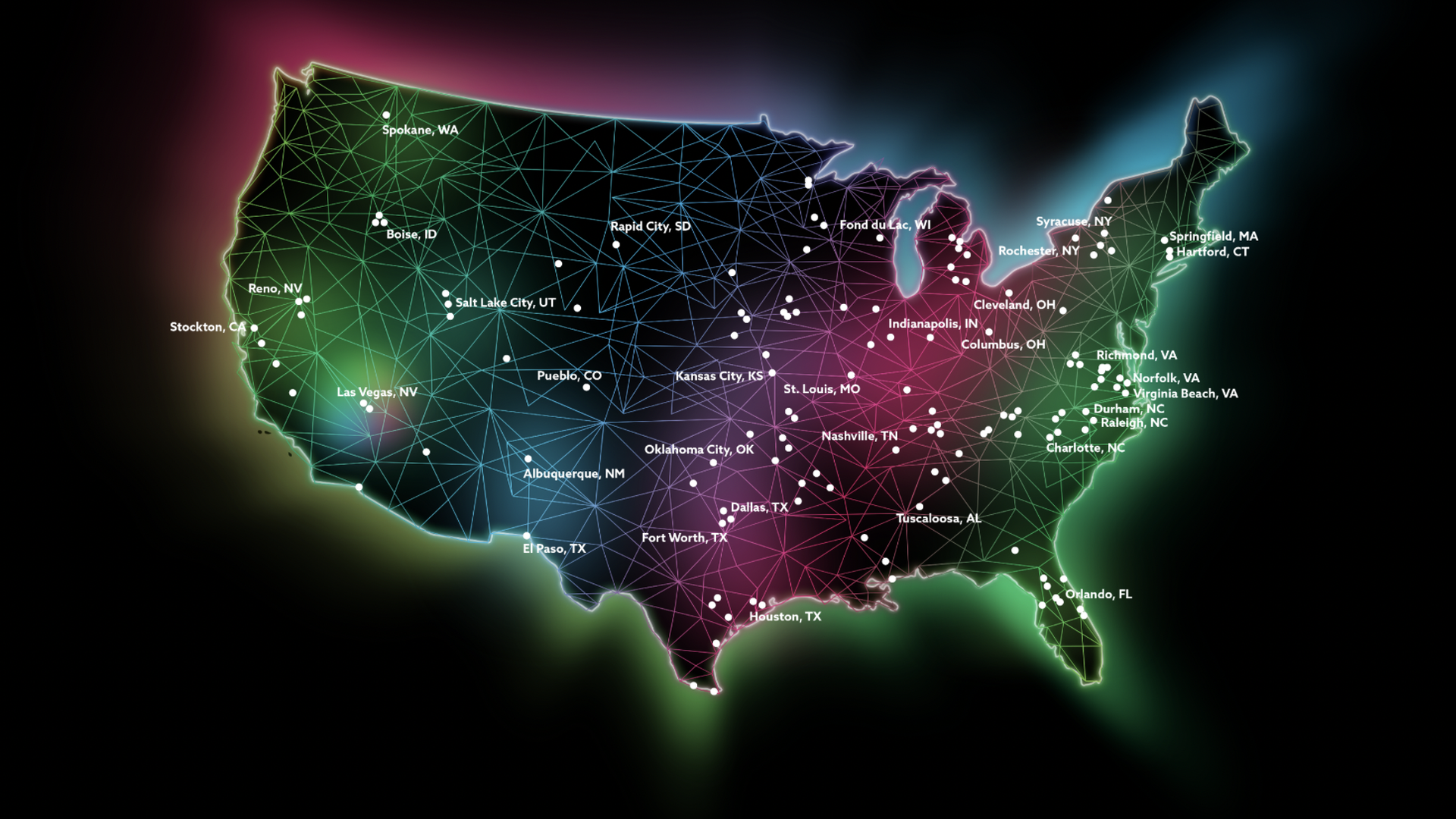| Facebook's plan to wind down its podcast platform is the latest in a long line of projects the social network has launched with fanfare and then unceremoniously scuttled, Axios' Scott Rosenberg writes. Why it matters: "Launch, test, shut down" is a common pattern in tech's "fail fast" culture, but Facebook has a striking record of big product reversals — and now founder Mark Zuckerberg is betting the whole company on a vast metaverse project that it can't afford to see fail. Driving the news: Facebook's podcast platform will stop taking new uploads on Friday and shut down for good next month, Bloomberg reported Monday. - The platform was part of a bigger audio plan Zuckerberg unveiled a year ago amid a pandemic-driven mania for live audio app Clubhouse.
Some observers jokingly referred to the move as a "pivot to audio" — a reference to Facebook's "pivot to video" in 2016, when Zuckerberg pitched "a new golden age of video." Lately, Facebook has made pivoting a habit. The pivot to free speech: In October 2019, Zuckerberg put a freedom-of-speech stake in the ground in a big speech at Georgetown University resisting calls for the social media firm to police misinformation and hate speech more aggressively. - A little over a year later, in the wake of the Capitol riot, Facebook permanently banned then-President Trump.
The pivot to crypto: In June 2019, Facebook unveiled a long-hatching master plan to build its own cryptocurrency named Libra, to be deployed in partnership with big names like Visa, Mastercard, Paypal, Uber and Lyft. - Regulators were not happy, partners dropped out, an effort to reconceive the project under a new name (Diem) flopped, and the entire effort collapsed in February 2022.
The pivot to privacy: In March 2019, Zuckerberg announced that all of Facebook's services were going to be reorganized around encryption to bring a new level of privacy to users spooked by the Cambridge Analytica scandal. - Facebook says it's made some progress on its encryption plans but most of the company's services still operate in an unencrypted mode.
The pivot to the metaverse, announced in July 2021, looks to be the biggest shift ever for Facebook. It's led Zuckerberg to rename the company and set aside $10 billion (at least) to make the idea real. - The company's commitment to this direction looks strong today, with four VR headsets slated for launch over the next two years, per The Information. But who knows what pivots might lie ahead?
Be smart: Google and Amazon are both known for testing skunkworks-developed products and "other bets" in the market. - Apple is always brewing its own experiments, too, but keeps them hidden from public view.
Our thought bubble: Facebook has a reputation for quickly cloning competitors' successful products, but those efforts are often defensive in nature. - Sometimes the company's flops — like the ill-fated effort to take control of a smartphone operating system — have just been flops.
- But the frantic pivots of the last few years suggest a different dynamic is now at work.
| 







No comments:
Post a Comment